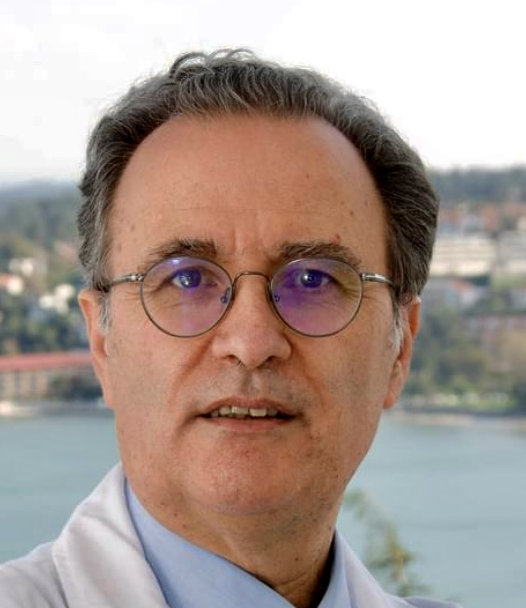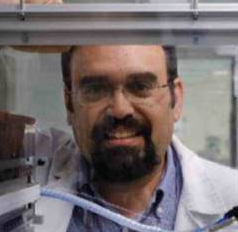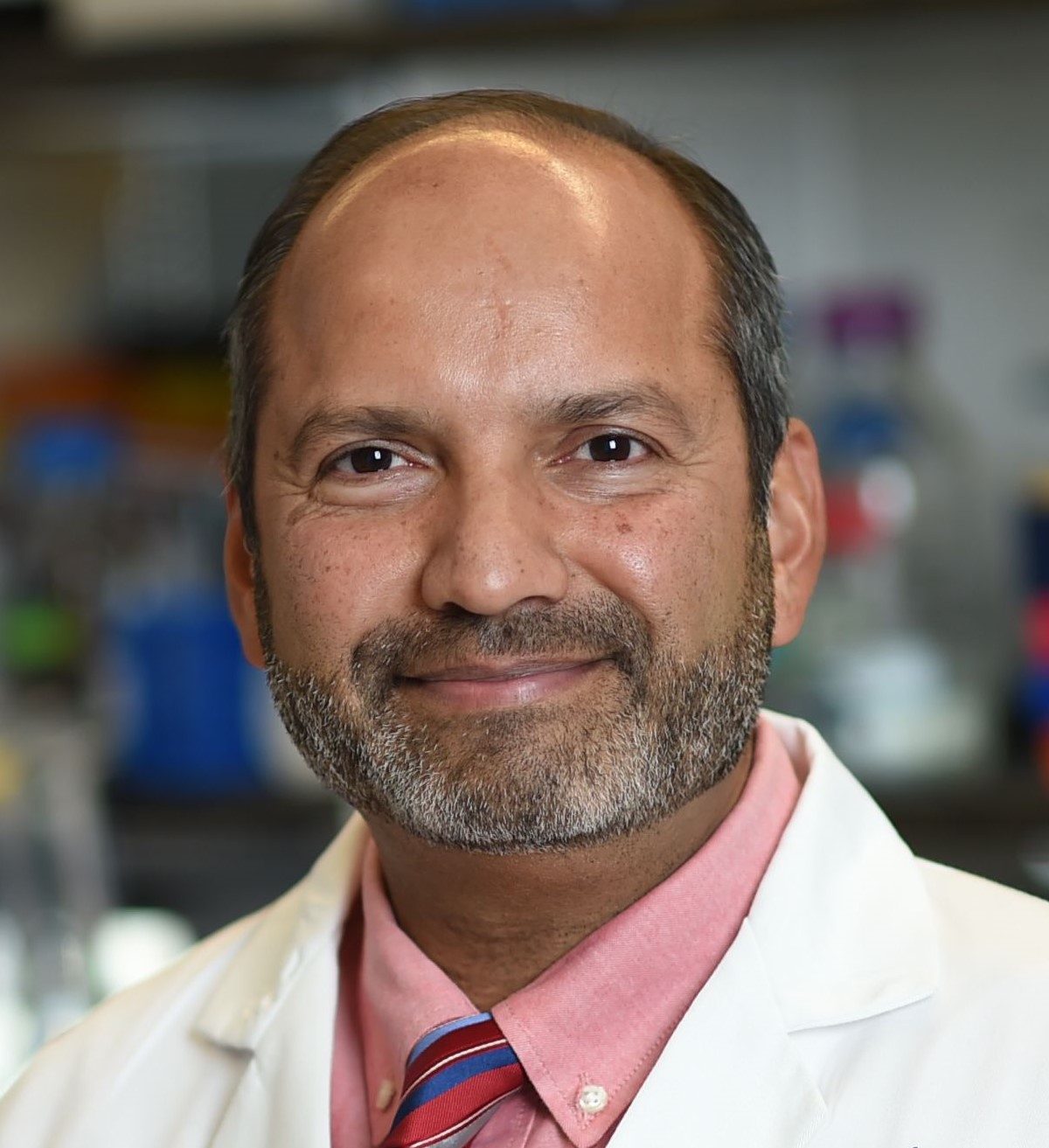|
|
Leadership and Team membersChairs:
Francisco J Blanco, MD, PhD University of A Coruña, Spain Executive Committee members:
Paul J Ultz, MD University of Stanford, USA
Justyna Fert-Bober, PhD Cedars-Sinai, Los Angeles, USA
University College Dublin, Ireland
Manuel Fuentes, PhD Centro de Investigación del Cancer, Salamanca, Spain
Peter Nilsson, PhD SciLifeLab & KTH Royal Institute of Technology, Stockholm, Sweden
Patrik Önnerfjord, PhD Lund University, Sweden
University College Dublin, Ireland
Alex J. Rai, PhD Columbia University, New York, USA
Cristina Ruiz-Romero, PhD Instituto de Investigación Biomédica de A Coruña, Spain Jennifer van Eyk, PhD Cedars-Sinai Medical Center, Los Angeles, USA
Fionna Watt, MD Imperial College, London, UK Early Career Researcher: Valentina Calamia, PhD Instituto de Investigación Biomédica de A Coruña, Spain | Rheumatism is a non-specific term used to describe any painful disorder affecting the loco-motor system including joints, muscles, connective tissues and soft tissues around the joints and bones. Rheumatologic disorders include ageing-related pathologies such as osteoarthritis, inflammatory diseases such as rheumatoid arthritis or spondyloarthropaties, and systemic autoimmune diseases such as systemic lupus erythematosus, Behcet´s disease and others. Rheumatic and autoimmune diseases have a huge socioeconomic impact, given the high prevalence or morbidity of some of them. Furthermore, they present several currently unmet medical needs: their early diagnosis is often difficult, they have a challenging heterogeneous clinical course and treatment choices are not yet personalized. The general objective of the Rheumatoid Arthritis Disorders (RAD) initiative is the generation of new knowledge on proteins involved in prognostic, therapeutic, and physiopathological issues taking place in rheumatic and autoimmune diseases. This will allow improving our diagnostic and prognostic capacity, exploring potential therapeutic biomarkers, and obtaining basic knowledge on alternative disease pathogenesis not presently addressed by current therapies. As a strategic goal, this newly launched initiative aims to improve the research capacity of the groups working in RAD, as well as to facilitate the cooperative research in this area through the development of networking activities. Current lines of work: Our initiative is working in improving the characterization of the proteome of human joint tissues (cartilage, synovial tissue, meniscus and subchondral bone), defining protein lists relevant in the physiology of the joint and systemic autoimmune processes. In this area, we also aim to boost the development of quantitative proteomics assays for their analysis, including targeted MS methods, PTM analyses and Ab-based approaches using protein arrays. This work is essential to further characterize proteins as useful biomarkers for patient stratification and therapeutic management, in order to facilitate precision medicine strategies in RAD. Collection of RAD papers: Fert-Bober J, et al. Insights into the study and origin of the citrullinome in rheumatoid arthritis. Immunological Reviews, 2019 Dec 25th; Vol 294 Geraldino-Pardilla L, et al. Association of Anti-Citrullinated Protein/Peptide Antibodies with Left Ventricular Structure, Function and Geometry in Rheumatoid Arthritis. Rheumatology, 2017, Volume 56, Issue 4, 534–540. RAD initiative membership: Please contact anyone in the executive committee for further information on how to connect and get involved in the RAD initiative. | Announcements & upcoming eventsAmerican College of Rheumatology (ACR) Convergence 2023 November 10-15, 2023 - San Diego, CA 2024 OsteoArthritis Research Society International (OARSI) World Congress April 18-21, 2024 - Vienna, Austria More information coming soon |













